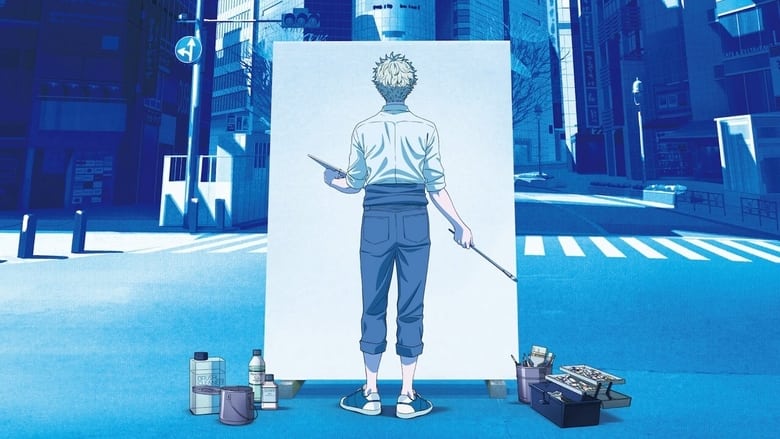the weight of passion
[ IMDb— MyAnimeList— TMDB ]Article Index
spoiler warning! this is a deeper look into the story and everything the anime has to offer. if you haven’t finished it yet and came here by accident, you might want to go back and finish the story first.
take me back!depicting the harsh reality
every parent wants their child to succeed, to avoid poverty and regret. many push them toward STEM or commerce because they’re perceived as the most stable and lucrative career paths, statistically speaking. but in doing so, they often crush whatever passion the child actually has.
Yatora’s parents weren’t exceptions. his mother reminds him constantly that they can’t afford private school. his family’s financial situation is a central focus early on and plays a significant role in the way he approaches his future. why gamble on art school when survival isn’t even guaranteed?
doing something fun would just be careless
between letting his parents down and chasing this new passion, Yatora learns quickly that art universities are incredibly hard and competitive, and also very expensive. Tokyo University of the Arts (TUA) is both the most affordable and the hardest option, with the lowest acceptance rate in all of Japan. he knows he has no choice, so he steels himself and aims for it.
the invisible progress
talent is often seen as a natural gift — something that comes easily to some people while others have to work hard for it. to those who fight for it, the word feels like an insult. it erases the grind, the nights of frustration, the persistence it actually takes.
in Blue Period, Mori-senpai is branded talented, as though her work was gifted rather than earned. Yatora says it admiringly, but ignorance doesn’t soften the sting. i probably would’ve said the same once, blind to what effort in art really means.
there’s an irony in Yatora’s perspective. in school, he’s the genius delinquent, praised for his grades. but he insists it’s hard work, not genius. his denial mirrors Mori’s dismissal of being called talented. neither wants their struggle reduced to something innate such as talent.
his hypocrisy comes from his lack of experience and exposure. he thinks elective art is the kind of class you can pass without trying. Blue Period nails this outsider’s view — the assumption that art is easy if you’re gifted. i wouldn’t have understood either, if not for this series.
impostor syndrome
on the outside, Yatora is the honor student. inside, he’s riddled with doubt. he says he has to “work twice as hard” just to keep up, that he’s “too scared to stop working”. impostor syndrome is a common trait among high achievers — the fear that you’re faking it, that you don’t deserve what you’ve earned.
Blue Period captures this perfectly. Yatora’s struggle is relatable, even if you don’t draw or paint. it’s the fear that you don’t deserve your success and constantly doubting your abilities. walking on eggshells, afraid of being found out as a fraud.
that’s embarrassing
if you’re still bothered by what other people will think of you, then you can’t die just yet.
episode 10, minute 10. that line hit me like a truck. the show weaves it right into Yatora’s entrance exam, but for me it cracked open a whole box of my own choices and regrets.
reflections
turns out the mangaka actually graduated from TUA. no wonder it feels so authentic. i learned more about art from this than from any class i’ve ever taken, and it made me want to try creating for myself.
what i like most is how it shows the cost of pursuing passion. the fight against parents, society, even yourself. Yatora’s struggle felt uncomfortably real. Blue Period tells stories that burrow into you. even if you thought you wouldn’t care about art, you leave with a new perspective.
Blue Period made me see the beauty in art and the grind behind creation. i didn’t expect it to make me reconsider my life choices too, but it did — and that surprise was a good one.
next season
the very things that held this adaptation back are also what could’ve elevated it. it makes me think the manga might offer the same, if not a better, experience. adding to that, its release alongside Komi Can’t Communicate didn’t help; Blue Period ended up overshadowed, and the attention it needed for a continuation never really came. moreover, if the adaptation continues in the same vein (which, given Netflix’s track record, doesn’t inspire much hope), i’d rather it stop here. the first season closes things off well enough, i wouldn’t mind if it stayed that way.
